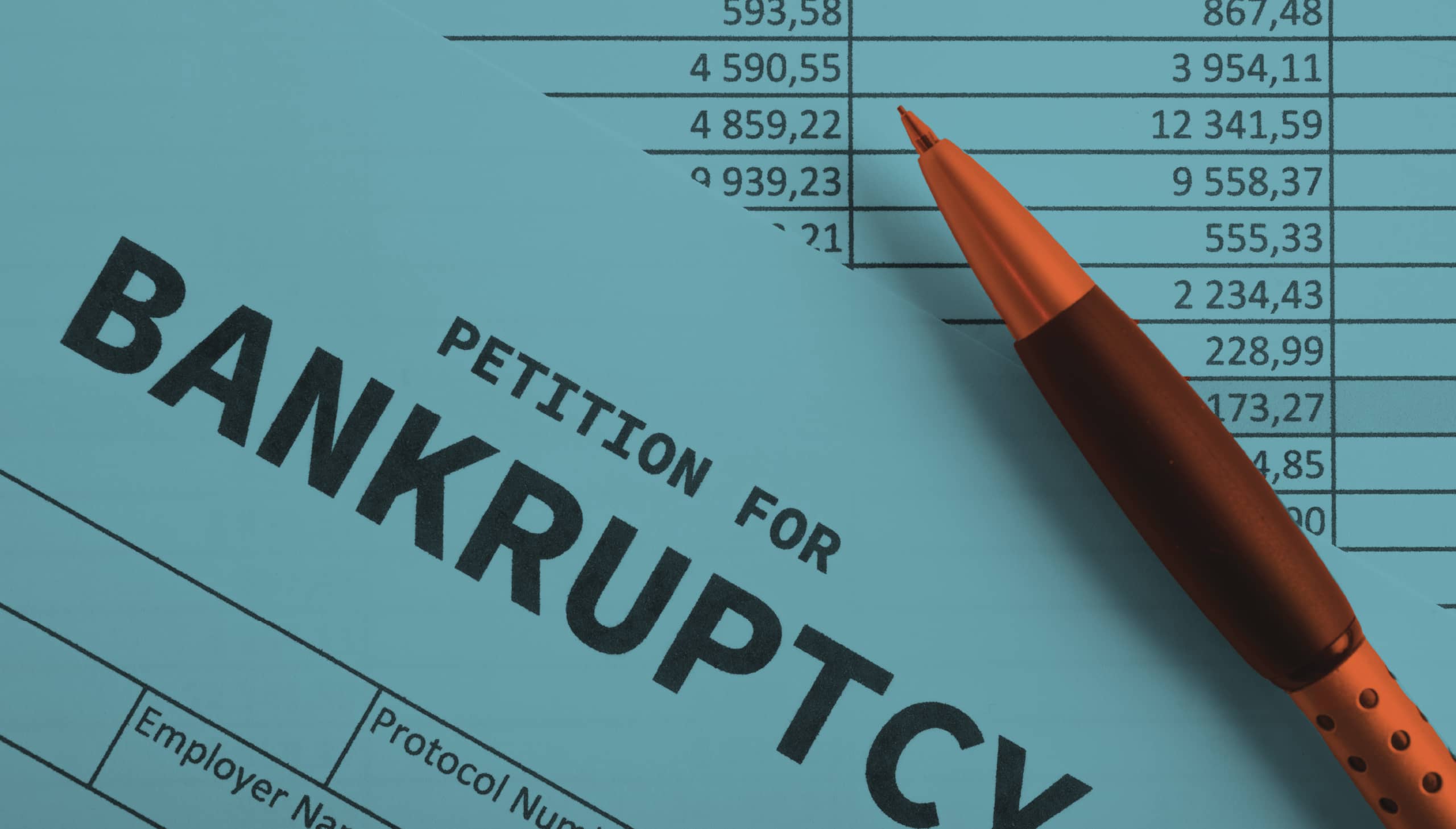Home » Practice Areas » Bankruptcy » Types of Debt
How does the type of debt you owe impact your bankruptcy? A knowledgeable attorney can answer these questions and make all the difference in your situation. For people who are thinking about filing for bankruptcy, one of the most important issues in your bankruptcy involves the types of debt you have incurred. There are two types of debt: secured debt and unsecured debt.
Secured Debt
Secured debts are debts that are secured by a pledge of collateral. Common types of secured debts include mortgages and car loans. If you are unable to pay a secured debt, your creditors may take and sell the collateral to pay off your debt. If the sale price is not high enough to cover your debt, the creditor may then sue you to obtain a judgment for the unpaid amount (“the deficiency”).
Unsecured Debt
Conversely, unsecured debt involves no pledge of collateral. Since collateral is absent in this type of debt, creditors generally may not take any property if the debt is unpaid. However, creditors may file a lawsuit against you or sell the debt to a collection agency to coax you into paying the debt. Common unsecured debts are medical bills and credit card debt.
Secured Vs. Unsecured Debt in Bankruptcy
Chapter 7
As mentioned earlier, the fate of each type of debt is different in bankruptcy and largely depends on the type of bankruptcy filed. In Chapter 7 bankruptcy, most of your unsecured debt will be discharged, freeing you of your obligation to repay it.
However, Chapter 7 affects your secured debt differently. Although it can relieve you of your personal liability for the debt, it does not affect your creditor’s right to retake the collateral. Because of this fact, if you would like to keep the collateral in Chapter 7, it is necessary to stay current on the payments. However, if you do not want the collateral, Chapter 7 can protect you from being sued for the deficiency.
Chapter 13
If you file Chapter 13, on the other hand, both debt types become part of the repayment plan. Under the plan, you repay your debts in monthly installments over three to five years. However, the plan only requires you to pay your unsecured creditors the amount they would have received in Chapter 7. Since most unsecured creditors receive nothing in Chapter 7, you do not need to fully repay most unsecured debts in Chapter 13. Because of this fact, most unsecured debts end up discharged after only pennies on the dollar (if even that much) are paid towards them.
With regard to secured debt, Chapter 13 can give you the help you require to become current. Filing Chapter 13 does not discharge your secured debt. However, it does give you three to five years to catch up on your secured debts. While you are making payments, you can keep the collateral. Also, your creditors may not repossess the collateral during this time. When Chapter 13 ends, you are current on your secured debts and resume making your regular payments toward them, assuming that you have not paid them off by this time.
Although these rules may seem simple, in reality there are many exceptions. If you are struggling with debt, you are well advised to consult with an experienced bankruptcy attorney. The attorneys at Minnillo Law Group Co., LPA can give you a detailed analysis of how bankruptcy would affect your unique situation and offer guidance on how to proceed.
We are a law firm and a debt relief agency. We help people file for bankruptcy relief under the Bankruptcy Code.

